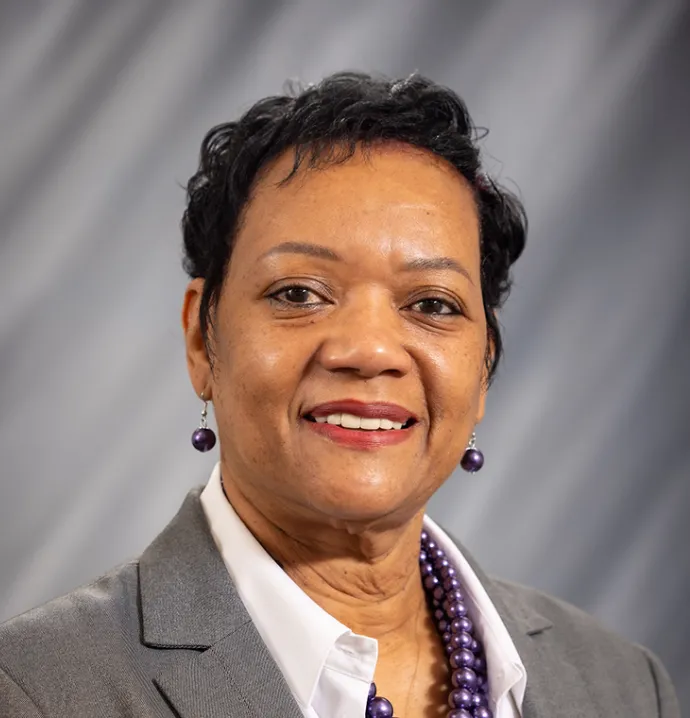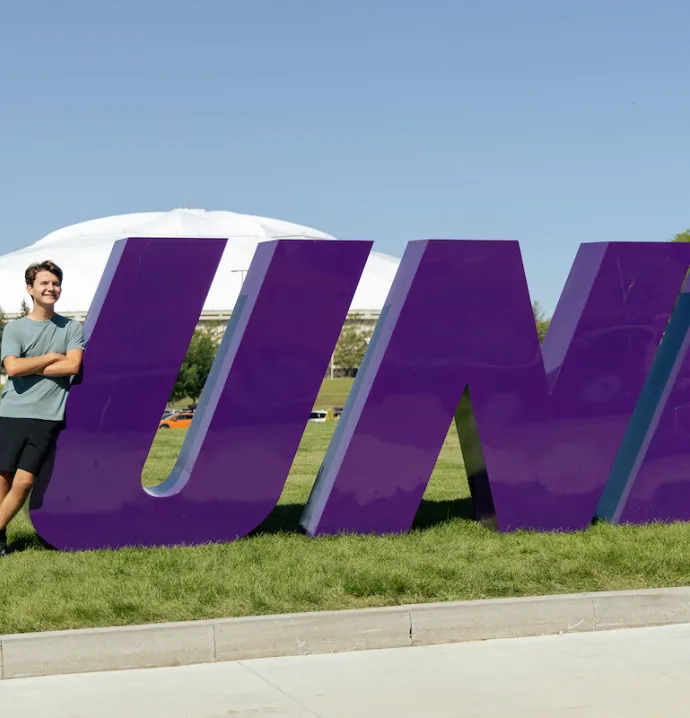Equipping our school leaders for challenging times
Equipping our school leaders for challenging times
With a passion for and belief in learning, few school administrators shy away from the challenge and constant change that is part of the educational environment. Nevertheless, the last few years have left their mark.
Since the emergence of COVID-19, Google searches lead to articles citing increases in principal and superintendent turnover. Political and legislative agendas add to the already complex variables that are intrinsic to roles meant to lead and guide school districts and individual schools — small and large, rural and urban — across Iowa.
Ensuring a quality, qualified pipeline of future leaders ready to take on these challenges and rewards of educational leadership remains paramount for institutions like the University of Northern Iowa. UNI’s reputation for developing tomorrow’s educators is second to none. The educational leadership program is the largest in Iowa, with 40% of practitioners in the state having graduated from UNI.
Educational leadership at UNI comprises principalship preparation and the post-master’s certificate in superintendency. Delivered primarily online, both programs provide convenience and flexibility while still maintaining the human interaction essential to the educational leadership field.
We talked to educational leadership faculty as well as alumni to discuss the current state of educational leadership at UNI and at K-12 schools around the state.
Q&A with educational leadership experts
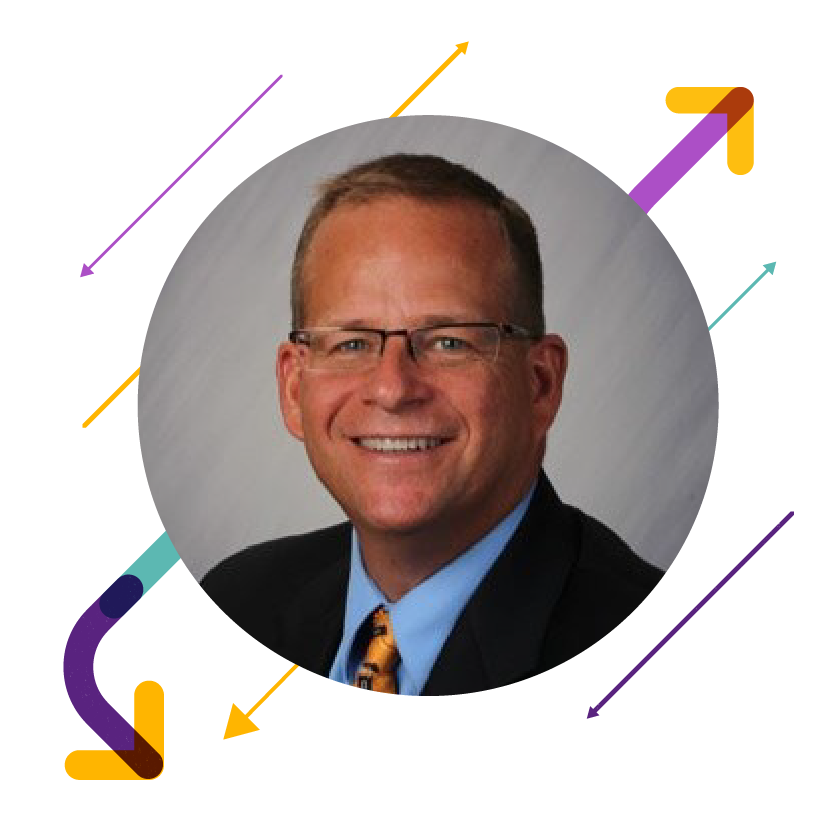
Tim Gilson
BA '86, ASC & EdD '06
Associate professor of educational leadership & coordinator for international teacher leader program
- What are the goals of educational leadership studies at UNI?
One of the overarching goals is to make the programs as practical and relevant as possible. We have to teach theory of leadership and theory of administration, but what’s more important is how we blend that theory into practice. So, for example, when I teach school law, yes, my students have to learn about the Fourth Amendment and search and seizure, but what’s more applicable to them is understanding the Iowa Code and the steps in conducting a legal search of a student. So we pride ourselves on that blend.
- What are some of the biggest trends you’re seeing today in terms of educational leadership?
One of the biggest trends is the change in the gender balance. When I first started 17 years ago, the vast majority of students in the principalship and superintendency programs were male. That has seen a massive change, and it’s great to see a balance. We also have more students of color in our principalship and superintendency programs than we’ve had in many years.
We’re still finding a good number of teachers wanting to be administrators now. You might think if fewer people are going into teaching, there’s going to be fewer people going into administration. Maybe that will happen, but we haven’t seen it yet.
Kenneth Hayes
EdD '06
Instructor for principalship program, assistant professor of instruction & coordinator for principalship program (Master of Arts in Education/Advanced Studies Certificate) & director of special education endorsement
- What makes an effective school leader?
Effective school leaders know how to build positive relationships with stakeholders, collaborate with educators on improving performance, can build capacity and empower others around them, and know how to create and achieve a vision for student success.
- Describe your new pathways and why they are important.
The Purple Pathway for School Administrators partnership with the Des Moines Public Schools prepares aspiring administrators for the district, with tailored curriculum and experiences. It’s mostly online, but includes some face-to-face opportunities on the UNI@DMACC campus in Des Moines. A new Special Education Endorsement offers an online pathway to support advancement at the district AEA or state level. And in fall 2023 we welcomed Lead Waterloo students from the Waterloo Community School District into our primarily online principalship program. Each of these address specific needs while building on program strengths.
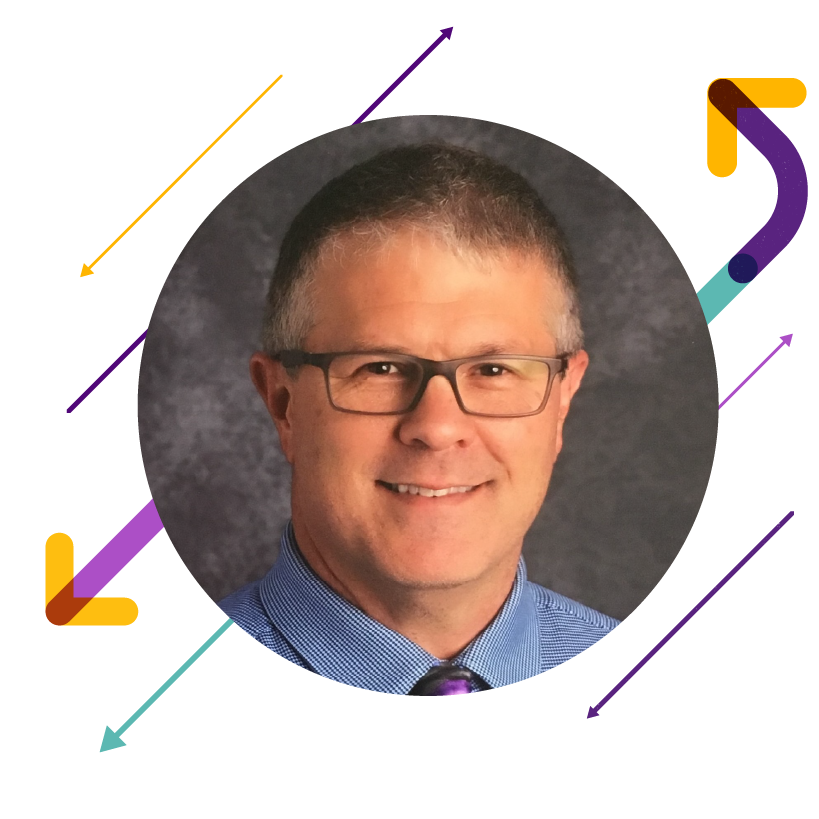
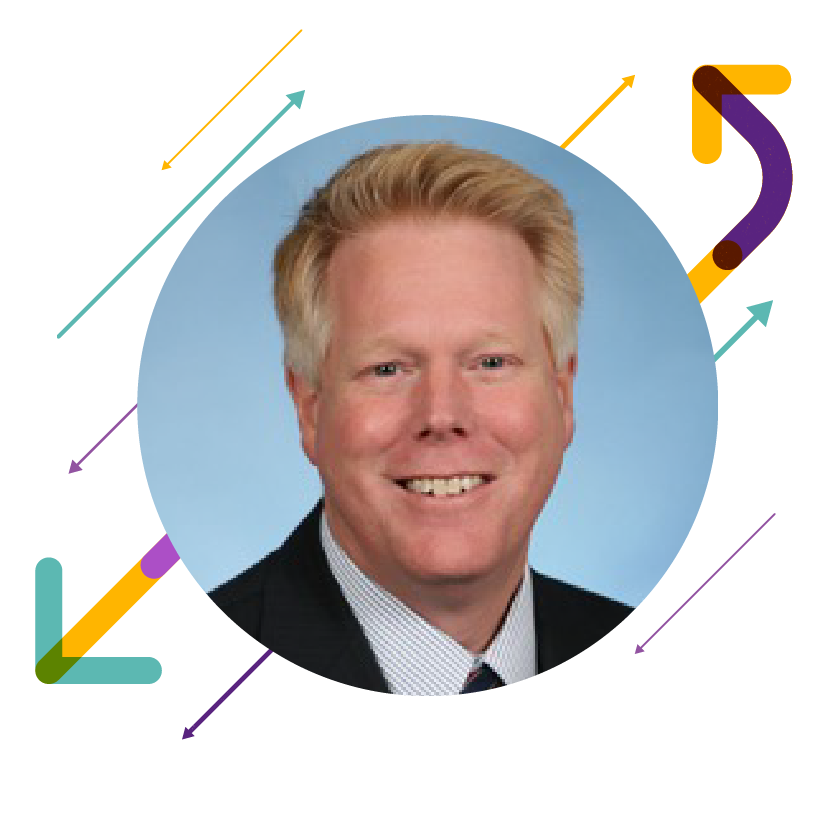
Roark Horn
ASC & EdD '11
Assistant professor of practice, educational leadership & Pomerantz Endowed Professor in Educational Excellence
- How do educational leadership faculty stay in touch with the issues and needs of the field?
Because we have all been practitioners, we each have vast networks to help us stay up to date with any current trends or issues. Often we will bring into class those who are being impacted and connect those leaders with our students. This serves a dual role, giving students direct access to these experienced leaders and helping students build a network of their own for future support, guidance and help.
- What makes you most proud of UNI’s educational leadership studies?
For me, it is all about outcomes. As a team, we are driven every day by this question: Are our graduates successful as school leaders? We want that answer to be an emphatic “YES!” always, and we do everything within our powers and abilities to assure that happens. The fact that so many graduates are anxious to give back to the program of their time and expertise shows that as a team we build that family atmosphere and meet that goal.
Théophile Muhayimana
EdD '15
Assistant professor of educational leadership
- Describe a moment or experience that reminds you why you got into this field.
Aspiring leaders present their comprehensive portfolio in the spring of their second year in the program. Hearing students share their success and growth stories at this event is always a joy. After each cohort’s graduation, faculty consistently receive student appreciation messages and positive testimonies about support, their positive learning experiences and growth.
- What is different about preparing today’s future leaders compared to the past, for instance, 10 years ago?
There is an increased emphasis on some more pressing issues in today’s world, namely emerging and fast-growing tech-assisted instruction and communication, student mental health and behaviors due to the changing environment, school safety, and societal and political context.
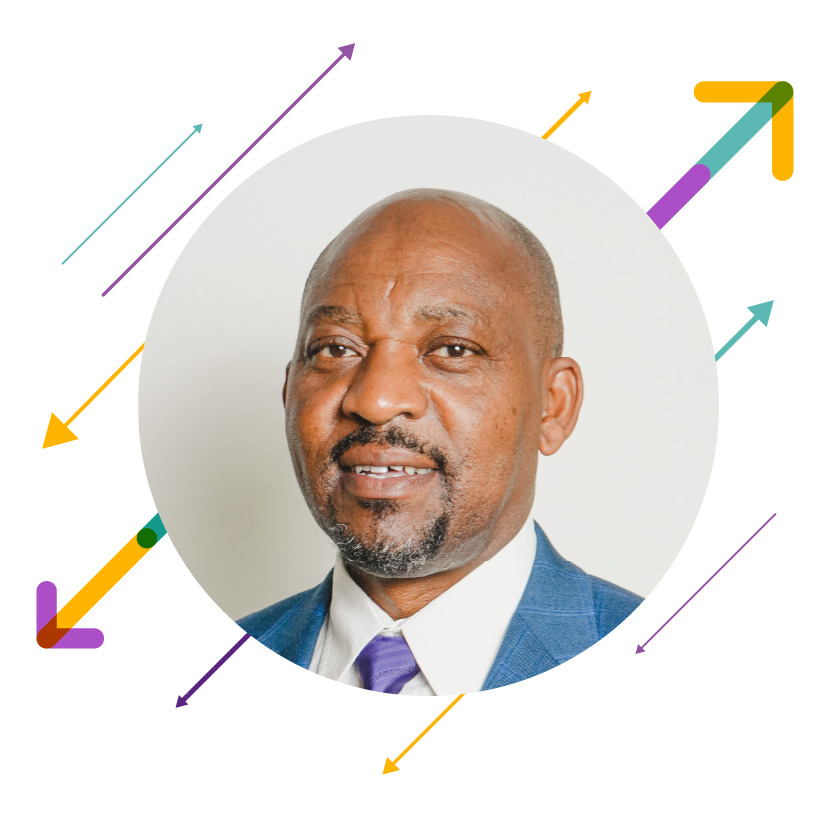
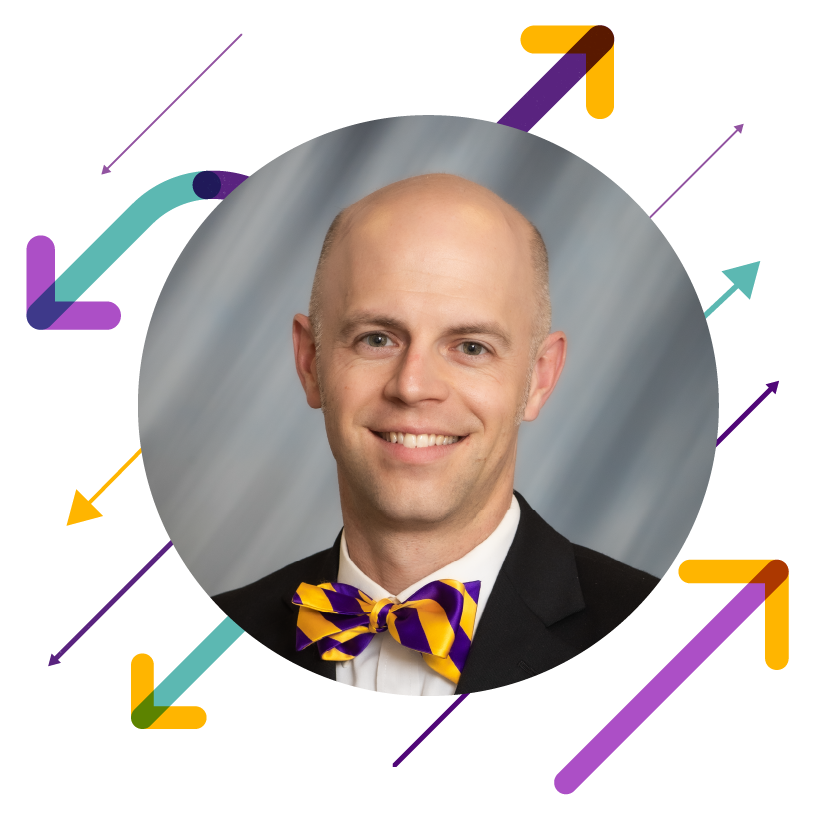
Matt Townsley
ASC '12
Assistant professor of educational leadership & coordinator for EdD educational leadership intensive study area
- What are the strengths of educational leadership studies at UNI?
All of our faculty have been in the trenches. I feel incredibly fortunate to collaborate with former assistant principals, principals, district office administrators and superintendents who are now deeply invested in supporting the next generation of educational leaders. I can’t speak highly enough about the collaborative nature of our faculty and field supervisor team. Because we can relate to the day-today challenges school leaders experience, I believe one of our biggest strengths is the student-centered focus we place on all of our program requirements.
- What are the biggest issues/challenges confronting today’s current and future school leaders?
From rapidly changing educational policy to the unique and complex needs of today’s learners, being a school leader today is likely more challenging than it has ever been. Once upon a time, school leaders needed to focus on the safety of students and managing the day-to-day operations of their educational setting. Today, safety and operations are still important; however, academics are even more important with building and district test scores available online and students’ social and emotional needs being at an all-time high post-pandemic. Current and future school leaders will need to understand how to best prioritize their time during the school day, all-the-while understanding how to establish a leadership-life balance to avoid long-term burnout.
Mary Sult
BA '00
Director of Institute for Educational Leadership & instructor of practice, superintendency
- What is the purpose of the Institute for Educational Leadership?
The purpose of the Institute for Educational Leadership is to promote the improvement of elementary, secondary and postsecondary education through services for educational leaders serving schools in Iowa. Our mission states that the Institute for Educational Leadership serves as a catalyst for a) informed dialogue on educational issues impacting the schools of Iowa, region and nation; b) developing collaborative relationships with individuals and/or organizations external to schools; and c) education policy development. We offer these services through workshops including leadership camps, think tanks, school board dialogues and have recently added executive coaching to our menu of services.
- Why is the Institute for Educational Leadership important?
The Institute for Educational Leadership provides comprehensive support to our school leaders in Iowa. The University of Northern Iowa is able to provide current, evidence-based and ongoing support for leaders beyond our outstanding educational leadership degrees and certifications.
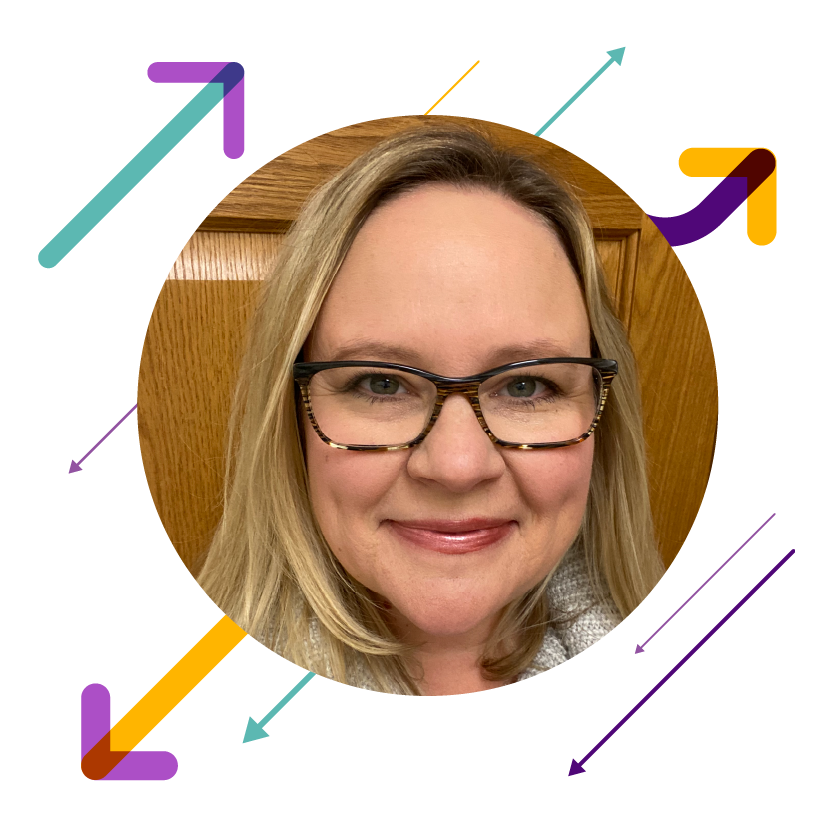
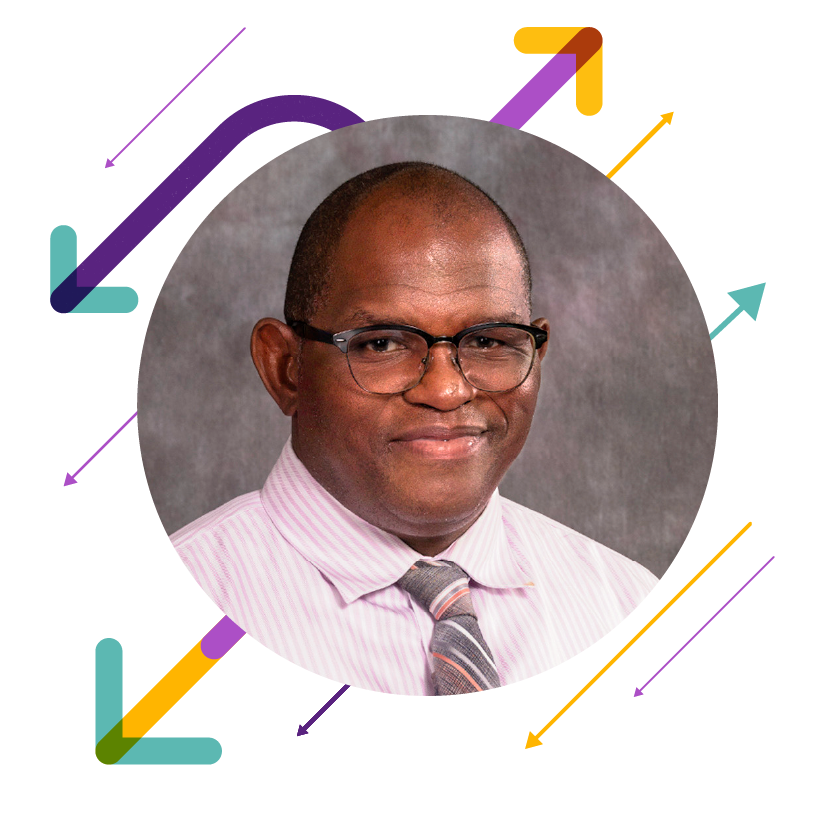
Daryl Dotson
ASC '16
Assistant principal at Bondurant-Farrar High School
- What do you find the most challenging about being a school administrator these days?
It’s hard to pinpoint one thing that is most challenging. However, the daily unknowns or the different situations that arise throughout the school day or over the weekends can be challenging. We are never too far away for our jobs as school administrators even on the weekends. I am still learning that.
- How do you balance your roles with your external and internal constituents?
My superintendent, Rich Powers, who is a UNI graduate, gave me some great advice. He told me to “Just be yourself and everything will work out fine.” I knew this already, but to hear it from our district leader gave me the confidence that I didn’t have to be someone I am not. I treat people how I want to be treated. If I don’t know something, I will admit that but seek to find the answer. I truly care for people as human beings first. That is always the starting point for me.
Mike Fisher
MA '11, ASC '16, EdD '22
Superintendent at Oskaloosa Community School District
- What about your preparation from UNI have you found most helpful as you deal with the realities of your day-to-day role?
UNI has been such a seminal part of my life for so long. My wife, who is an elementary teacher, is also an alum. UNI gave us the intellectual capacity to thrive, but also presented it in such practical ways. Each day I’m so thankful for how UNI educational leadership has transformed my entire family’s life. And the biggest strength is the relationships. I have been blessed to have so many people pour their lives into me. I’m not who I am today without UNI. It will always be home.
- What advice would you give to a new school administrator?
There is a great book by Dan Allender called “Leading with a Limp.” His thesis is centered on how great leadership is grounded in humility. We ultimately get into leadership for one of two reasons: because we want the power and privilege or we feel it’s a worthy cross to carry. This is what effective leaders must embrace. Humility and service.
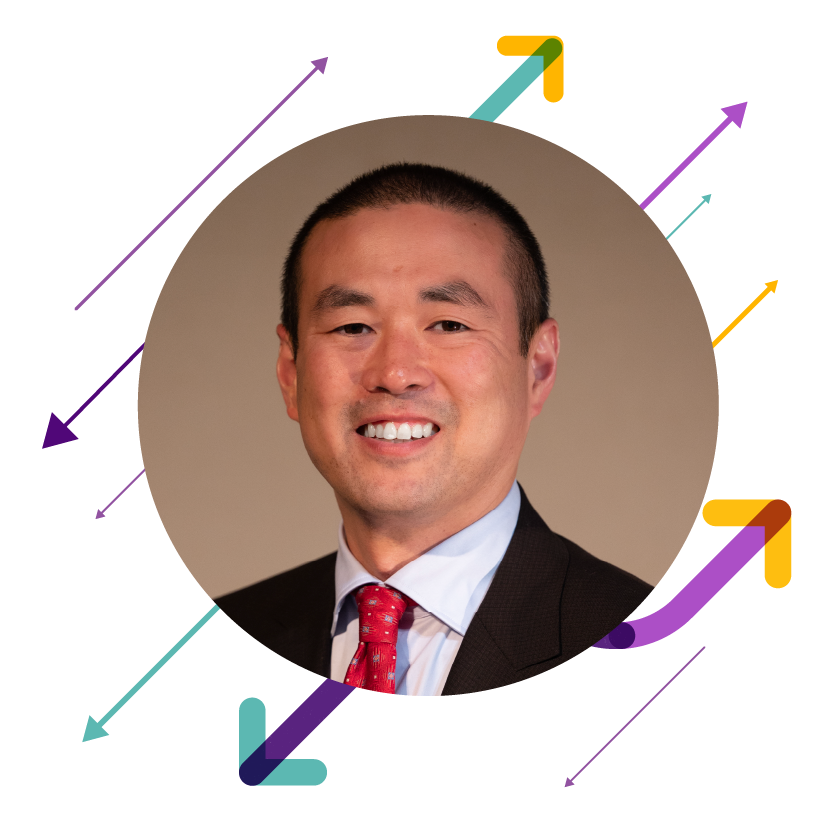
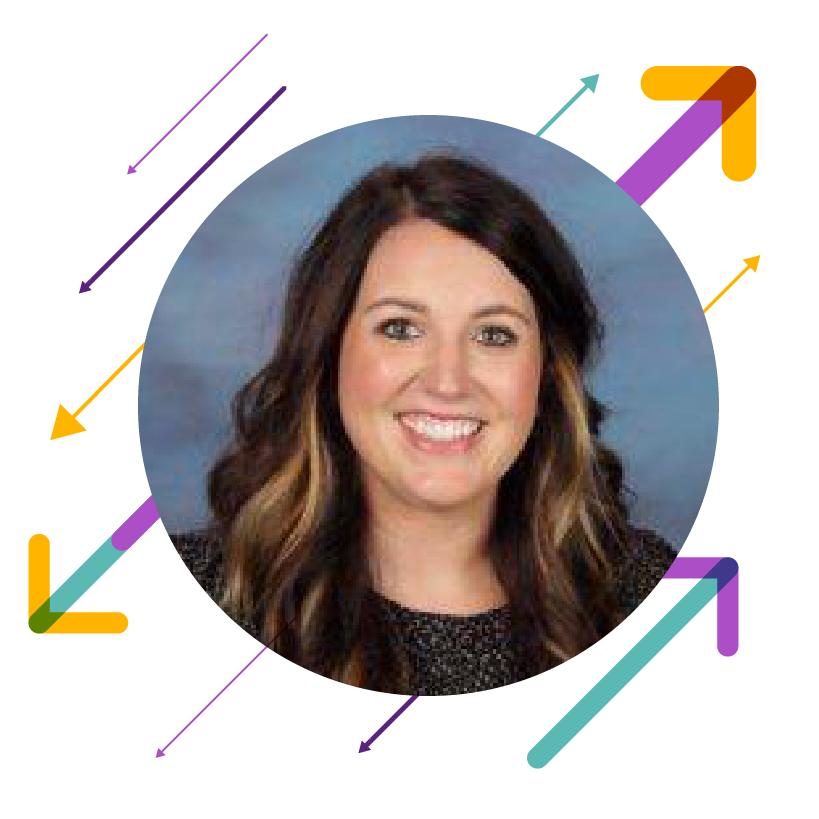
Sarah Leichsenring
ASC '19
Principal at Forest City Middle School
- What is different about being a school administrator these days? What do you find most challenging?
I’m still young in my career, but have found some of the most challenging parts to also be rewarding. Knowing each student and staff in our building is unique, and working in collaboration with our team to meet each of their individual needs. There are barriers to accomplishing this due to fiscal limitations, external forces like state/federal legislation or lack of resources, but we never take “no” for an answer if we know it is going to improve the school experience for our students.
The classic picture of a managerial building administrator who focuses on discipline and supervision is just not the reality any longer. It takes commitment, delegation and trust in our staff to know things may get messy, but we can always find a solution.
- What about your preparation from UNI have you found most helpful as you deal with the realities of your day-to-day role?
Although UNI couldn’t prepare me for every situation, what it did teach me was to rely on making “people first” decisions, to reach out for guidance when needed, and that there will always be a strong network of colleagues to support my work throughout my career.
Adapting to Change
Change is part of a school administrator’s role. Kim Huckstadt, assistant professor and program coordinator for the superintendency certificate, noted, “Even prior to COVID-19 and the intense political divide, the nature of the work and the context for decision-making and leadership have continued to change.”
How does the educational leadership program respond? Built into the curriculum are connections with practicing administrators who are doing real-time work and willing to share their insights and expertise. Principalship students grapple with scenarios during the popular “Day in the Life of” summer session role play, with alumni, faculty and staff bringing today’s issues to life. Embedded within courses are the work and resources – including guest speakers from organizations such as School Administrators of Iowa, the Iowa Association of School Boards and the Department of Education.
“We stay current and connected by building relationships with people across the spectrum of Iowa’s education and
political systems. We serve on committees and advisory boards at the state level,” said Huckstadt.
“The bottom line is simply that we adjust our delivery and curriculum accordingly. When standards change, we change to align with those standards. When political issues such as legislation change, we make sure to bring those changes into our curriculum,” said Tim Gilson, ’86, ’06, associate professor of educational leadership and coordinator for international teacher leader program.
“I have now been here over 16 years, and the reality is that our program looks nothing like it did when I first came. Courses have changed, standards have changed, internship requirements have increased and perhaps more vital, curricular instruction aligned to those changes has dramatically been adjusted,” Gilson said.

